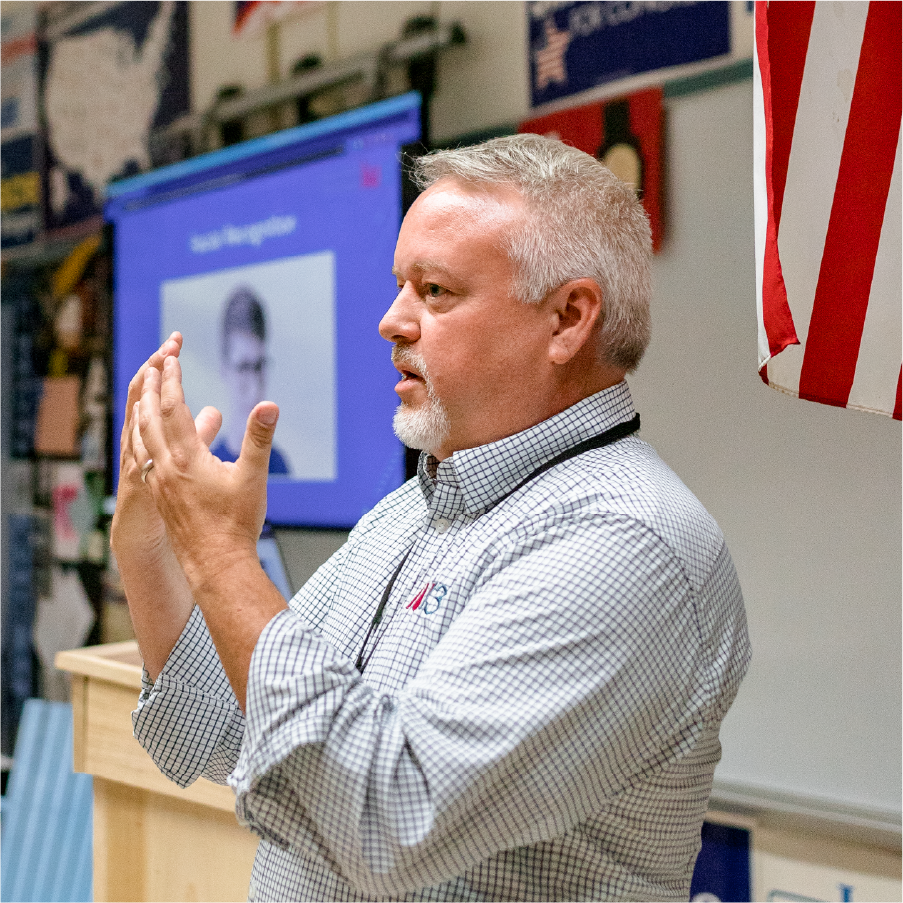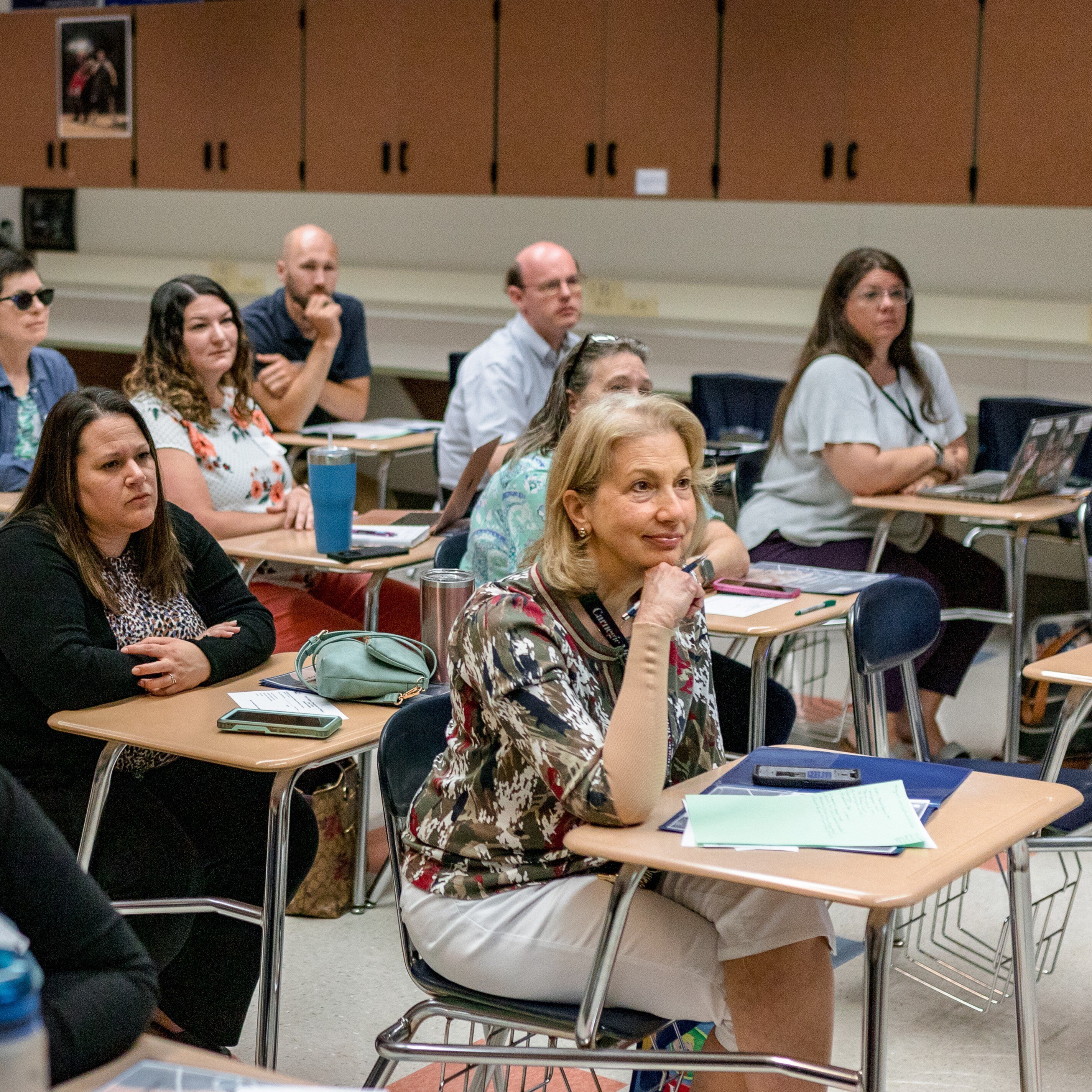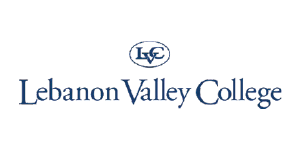LANCASTER-LEBANON EDUCATION CONFERENCE
Celebrating 30 Years
of Learning, Leading,
and Growing!
June 10, 2026
8 a.m. - 4 p.m.
at Manheim Central High School
Celebrating 30 Years of Learning, Leading, and Growing!
Join us for a dynamic and inspiring education conference that honors three decades of dedication to student success. This event brings together individuals who support learners from Pre-K through 12th grade.
Whether you're a classroom teacher, service provider, school leader, or family member, you'll find meaningful opportunities to connect, collaborate, and grow. Through engaging workshops, a thought-provoking keynote session, and hands-on learning experiences, you’ll explore innovative strategies and proven practices that empower students and strengthen school communities.
Let’s celebrate the journey of learning, leading, and growing—together!
Conference Information
If you have any questions, please contact the Early Childhood and Special Education Services department, Training and Consultation Team at tacteam@iu13.org.
Continental breakfast and lunch are included in the registration fee.
Registration coming soon!
No requests for changes or cancellations will be honored after May 22, 2026.
Early bird special for school district and agency personnel: Register before May 1, 2026 and receive $10 off the fees below!
Fees
-
$50 - School district & agency personnel within Lancaster & Lebanon counties
-
$60 - School district & agency personnel outside of Lancaster & Lebanon counties.
-
$25 - Parents, university students, and substitutes
-
$25 - IU13 personnel (program is billed)

Check-in & Continental Breakfast
-
Conference participant check-in will be from 7:45 a.m. - 8:15 a.m. If you have dietary needs, (gluten-free, dairy-free, vegetarian, vegan, etc.), please contact us at tacteam@iu13.org.
Accessibility
-
If you have accessibility needs (large print, printed handouts, interpreter, etc.), please contact us at tacteam@iu13.org by May 1, 2026.
Door Prizes
-
The Door Prize Zone will be back at this year's event! This is an excellent opportunity to introduce your business to attendees through a donation of tickets, gift cards, product offerings, etc., as well as having a logo with a live link on our Education Conference website.
Interested in contributing? Fill out our Door Prize Opportunity form to get started!
Sponsors
The robust offerings at this premier education event are made possible through the generosity of our Gold Sponsors. Enhancements such as door prizes, presenter gifts, and decorations are provided by our Silver Sponsors. Thank you to all who sponsored our event!
If you would like more information about sponsoring the 2026 IU13 Education Conference, please fill out this form and submit it by December 1, 2025.
Links to non-IU13 websites do not imply endorsement of other companies’ products or services, nor is IU13 responsible for their content.






